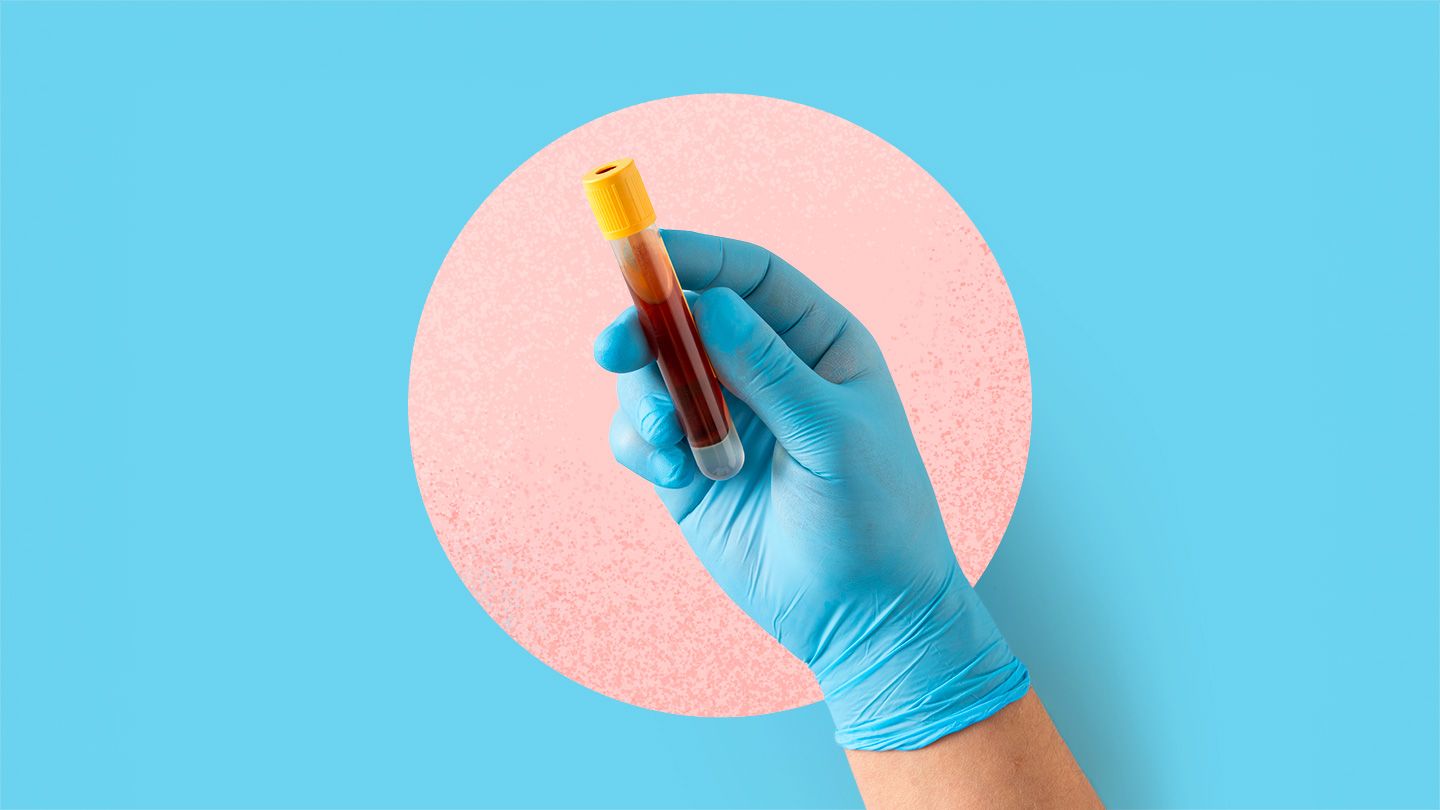There are two big benefits to early type 1 diabetes detection: DKA prevention and early treatment to delay symptom onset.
DKA Prevention
Perhaps the single largest benefit to type 1 diabetes screening is the reduced incidence of diabetic ketoacidosis (DKA), a consequence of severe hyperglycemia that can be deadly if not treated promptly.
Today, about 40 percent of American children are diagnosed with type 1 diabetes only after developing DKA. This condition is both dangerous and painful. “It’s a very traumatic experience,” says Claudia Lewis, an endocrinology physician assistant at the University Hospitals Diabetes and Metabolic Care Center in Cleveland. “They are super sick in the intensive care unit.”
DKA also appears to have negative long-term health effects. People who endure DKA at diagnosis go on to have a more difficult time managing diabetes, and some may also experience cognitive impairment.
If you know that you have an early stage of type 1 diabetes, or a heightened risk of it, you’ll likely be instructed to test your blood sugar regularly in order to catch the first signs of hyperglycemia. Testing regularly and collaborating with healthcare providers allows people to be treated with insulin before their condition progresses to a critical state.
“We could prevent a lot of DKA,” says Lewis.
Early detection also gives people time to learn about diabetes and the elements of diabetes treatment, such as carbohydrate counting, thus ensuring a far smoother and less stressful transition once they need to begin insulin therapy.
“It gives people time to cope with the diagnosis. There are a lot of psychosocial barriers, and it’s so much education. If people can learn it over time, rather than in a crash course, it would be helpful,” says Lewis.
Early Type 1 Diabetes Treatment
There is one drug approved to treat people for an early stage of diabetes: teplizumab (Tzield). When given to people with stage 2 type 1 diabetes, Tzield delays the onset of symptoms by an average of nearly three years.
Lewis says that delaying insulin dependency by several years can have massive benefits, especially in younger people.
“It’s much easier to manage if they’re a little bit older. You have time to learn about it. If you delayed the onset from age 18 to age 22, someone could go through their whole college career without diabetes. That would make their life a lot easier.”
Tzield, which is approved for patients age 8 and older, is a liquid that is administered in an IV infusion, once per day over a 14-day period. The drug is also extremely expensive. A full course of the medication reportedly has a sticker price of $193,900. Lewis encourages eligible users to look into the drugmaker’s patient assistance program.




